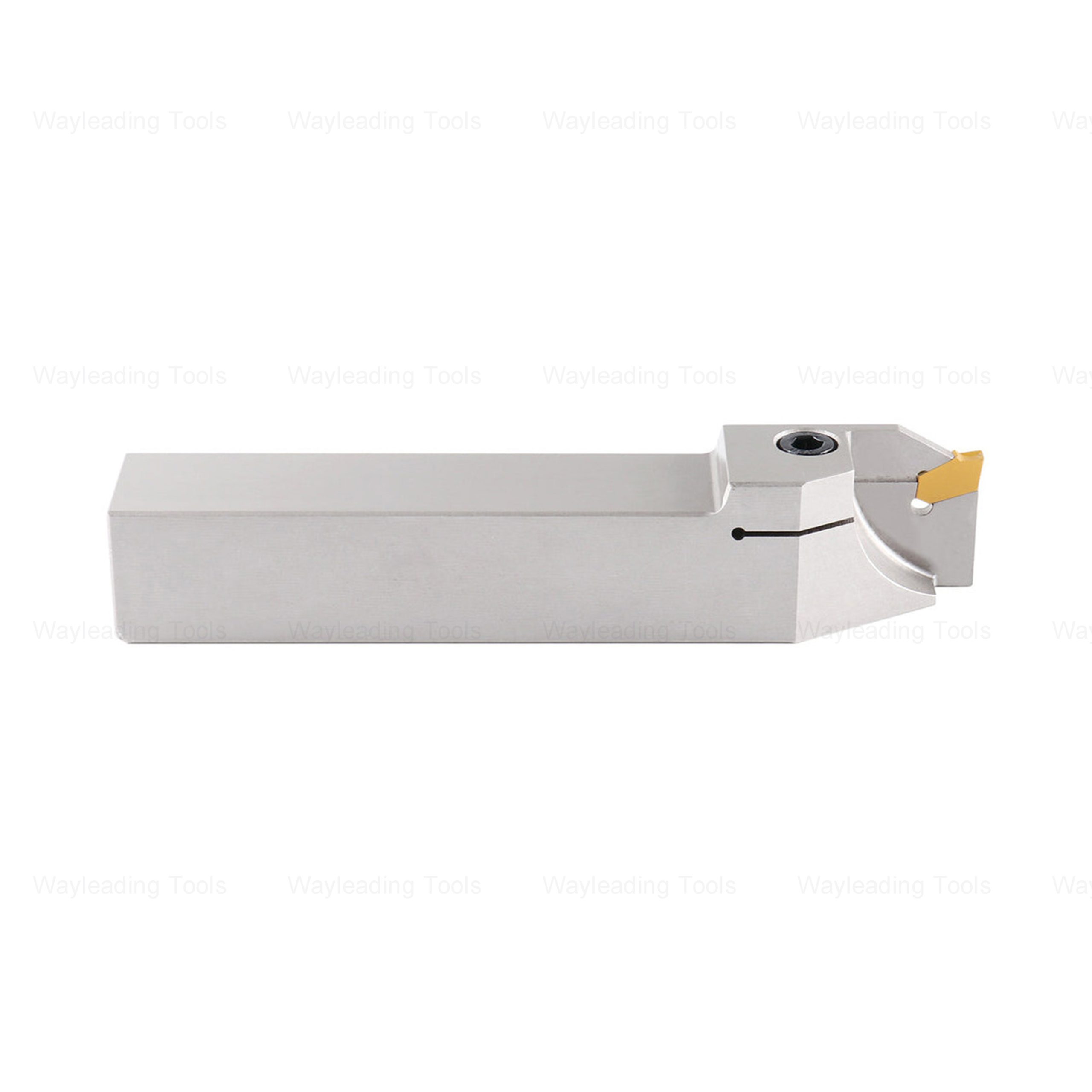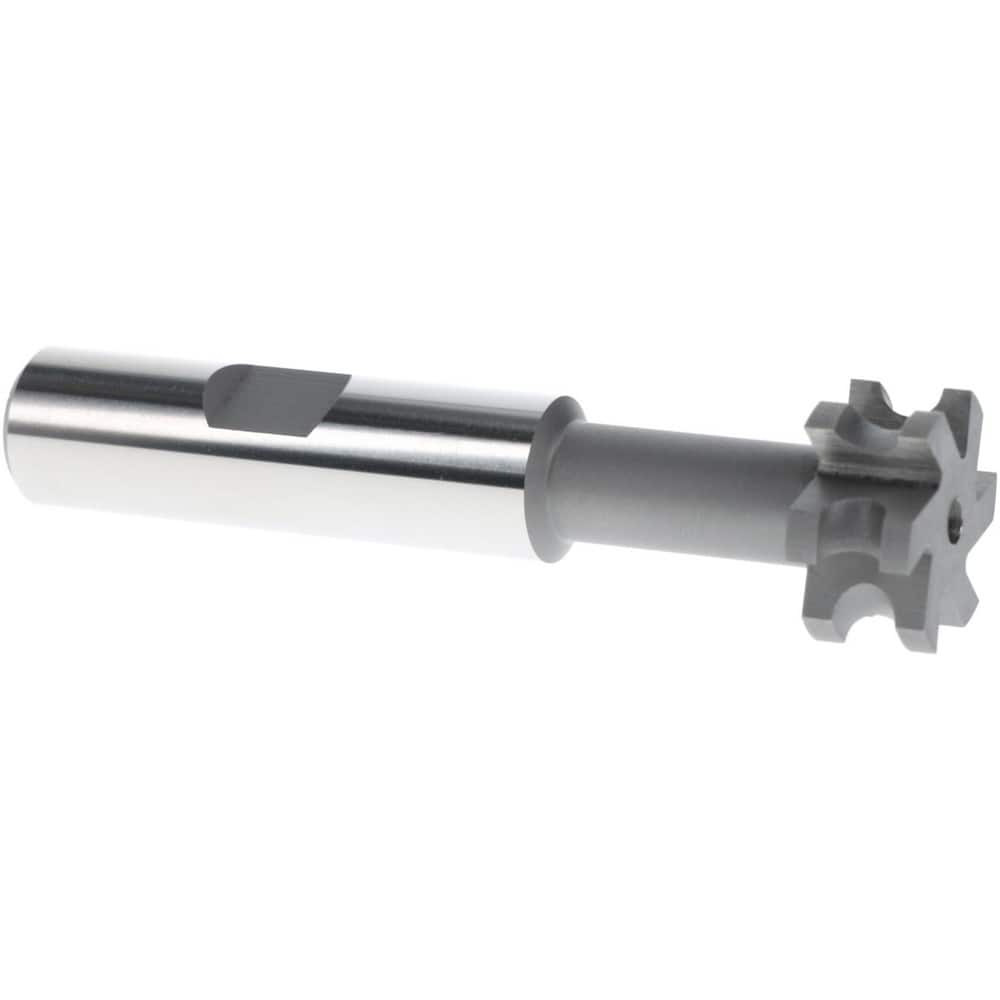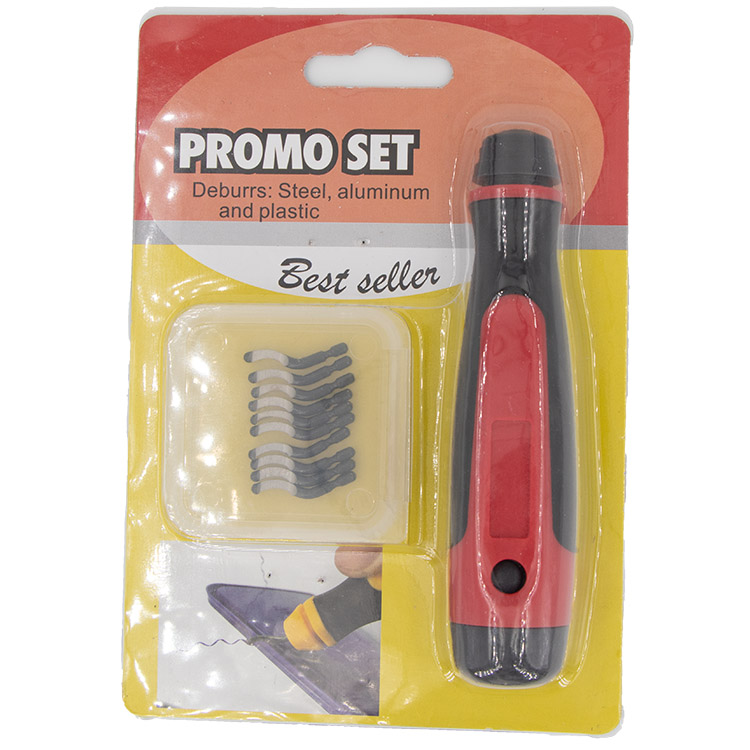Wholesale carbide hole saw
Looking for durable and efficient wholesale carbide hole saws? This guide explores everything you need to know, from understanding carbide grades and tooth designs to selecting the right saw for your specific application and finding a reliable supplier like Wayleading Tools. Discover how to maximize performance, extend tool life, and achieve precise cuts in various materials.
Understanding Carbide Hole Saws
Carbide hole saws are specialized cutting tools designed for creating precise, clean holes in a variety of materials. Unlike traditional bi-metal hole saws, carbide-tipped saws feature teeth made from tungsten carbide, a significantly harder and more heat-resistant material. This translates to increased durability, faster cutting speeds, and the ability to cut through tougher materials such as stainless steel, cast iron, and abrasive composites.
What is Tungsten Carbide?
Tungsten carbide is a compound of tungsten and carbon atoms. It's known for its exceptional hardness, wear resistance, and ability to maintain its cutting edge at high temperatures. Different grades of carbide are used in carbide hole saws, each with varying degrees of hardness and toughness. The choice of carbide grade depends on the intended application and the materials to be cut.
Benefits of Using Carbide Hole Saws
Choosing carbide hole saws over traditional bi-metal saws offers several advantages:
- Extended lifespan: Carbide teeth are significantly more durable than bi-metal teeth, resulting in a longer tool life, especially when cutting hard materials.
- Faster cutting speeds: The hardness of carbide allows for aggressive cutting action, leading to faster hole creation.
- Versatility: Carbide hole saws can cut through a wider range of materials, including stainless steel, cast iron, tile, fiberglass, and hardened plastics.
- Clean cuts: Carbide teeth produce cleaner, more precise holes with minimal burring or chipping.
- Cost-effectiveness: While initial investment is higher, the longer lifespan and ability to cut tougher materials often make carbide hole saws more cost-effective in the long run.
Selecting the Right Carbide Hole Saw
Choosing the correct carbide hole saw is crucial for achieving optimal performance and extending the life of the tool. Consider the following factors:
Material to be Cut
The type of material you'll be cutting is the most important factor. Softer materials like wood and plastic can be cut with various carbide grades, while harder materials like stainless steel require high-grade carbide with specific tooth geometries. Consult the manufacturer's specifications to ensure compatibility.
Hole Size
Carbide hole saws are available in a wide range of sizes. Choose the size that matches your specific needs. It’s better to choose one closest to your needed size as using a larger hole saw will create unnecessary large holes, and using a smaller one will prevent you from completing your work.
Tooth Design and Pitch
The tooth design and pitch (the distance between teeth) affect the cutting performance. A finer pitch is suitable for thinner materials, while a coarser pitch is better for thicker materials. Different tooth geometries are designed for specific materials and applications. Check the manufacturer’s guide to determine which tooth design best suits your needs.
Arbor Compatibility
Ensure the carbide hole saw is compatible with your existing arbor or mandrel. Arbors come in different shank sizes and thread types. Check the specifications of both the hole saw and the arbor to ensure a proper fit. Wayleading Tools provides arbors and pilot drills to match your carbide hole saws.
Applications of Carbide Hole Saws
Carbide hole saws are used in a wide range of industries and applications, including:
- Construction: Cutting holes for pipes, wiring, and HVAC systems.
- Plumbing: Creating openings for pipes and fixtures.
- Electrical: Drilling holes for electrical boxes, conduit, and wiring.
- Metalworking: Cutting holes in sheet metal, stainless steel, and other metals.
- Automotive: Drilling holes for wiring, sensors, and accessories.
- Aerospace: Creating precise holes in aircraft components.
Tips for Using and Maintaining Carbide Hole Saws
Proper use and maintenance are essential for maximizing the lifespan and performance of your carbide hole saws:
- Use the correct speed: Refer to the manufacturer's recommendations for the optimal cutting speed for the material you are cutting. Using the wrong speed can damage the teeth or overheat the saw.
- Apply coolant: Using a coolant or lubricant can help to reduce friction and heat, extending the life of the saw and improving cutting performance.
- Apply consistent pressure: Avoid applying excessive pressure, which can damage the teeth. Let the saw do the work.
- Remove debris: Regularly remove debris from the hole saw to prevent clogging and overheating.
- Store properly: Store carbide hole saws in a dry, protected environment to prevent corrosion and damage.
- Sharpen when necessary: While carbide is extremely durable, the teeth can eventually become dull. Sharpening can restore the cutting edge and extend the life of the saw. However, carbide sharpening requires specialized equipment and expertise.
Finding a Reliable Wholesale Carbide Hole Saw Supplier
Choosing a reputable supplier is crucial for obtaining high-quality wholesale carbide hole saws. Consider the following factors when selecting a supplier:
- Product quality: Look for suppliers who offer carbide hole saws made from high-quality materials and manufactured to exacting standards.
- Product range: Ensure the supplier offers a wide range of sizes and tooth designs to meet your specific needs.
- Competitive pricing: Compare prices from different suppliers to ensure you are getting a fair deal.
- Customer support: Choose a supplier who offers excellent customer support and technical assistance.
- Reliable shipping: Ensure the supplier has a reliable shipping system to ensure prompt delivery of your order.
Wayleading Tools is a trusted supplier of high-quality carbide hole saws and other cutting tools. We offer a wide range of sizes and tooth designs to meet the needs of professionals in various industries. Visit www.wayleading.com to learn more about our products and services.
Carbide Hole Saw vs. Bi-Metal Hole Saw: A Comparison
Choosing between carbide hole saws and bi-metal hole saws depends on your specific needs and budget. Here's a comparison:
| Feature | Carbide Hole Saw | Bi-Metal Hole Saw |
|---|---|---|
| Material Compatibility | Wide range (stainless steel, cast iron, tile, etc.) | Softer materials (wood, plastic, aluminum) |
| Durability | High | Moderate |
| Cutting Speed | Fast | Moderate |
| Cost | Higher | Lower |
| Best For | Heavy-duty applications, hard materials | General purpose use, softer materials |
In summary, carbide hole saws offer superior durability, cutting speed, and versatility, making them ideal for demanding applications and hard materials. Bi-metal hole saws are a more affordable option for general-purpose use and softer materials.
Conclusion
Carbide hole saws are essential tools for professionals who need to create precise, clean holes in a variety of materials. By understanding the different types of carbide hole saws, selecting the right saw for your application, and following proper usage and maintenance tips, you can maximize the performance and lifespan of your tools. Consider Wayleading Tools for your wholesale carbide hole saw needs, and experience the quality and reliability that professionals trust.
Related products
Related products
Best selling products
Best selling products-
 QA Grooving & Cut-Off Tool Holder
QA Grooving & Cut-Off Tool Holder -
 3 Flutes HSS Chamfering Countersink Drill bitl With 60 And 90 Degree
3 Flutes HSS Chamfering Countersink Drill bitl With 60 And 90 Degree -
 5C Hex Collet With Inch and Metric Size
5C Hex Collet With Inch and Metric Size -
 HSS Inch Concave Milling Cutter For Industrial
HSS Inch Concave Milling Cutter For Industrial -
 Type J-60 Degree Cone Tungsten Carbide Rotary Burr
Type J-60 Degree Cone Tungsten Carbide Rotary Burr -
 HSS Metric & Inch Woodruff Keyseat Cutter With Straight Or staggered Teeth
HSS Metric & Inch Woodruff Keyseat Cutter With Straight Or staggered Teeth -
 Type M Cone Tungsten Carbide Rotary Burr
Type M Cone Tungsten Carbide Rotary Burr -
 Type B Light Duty Deburring Tool Set With Deburring Holder And Deburring Blade
Type B Light Duty Deburring Tool Set With Deburring Holder And Deburring Blade -
 Metric HSS Step Drills With Straight Flute
Metric HSS Step Drills With Straight Flute -
 Precision Dustproof Dial Caliper Of Double Shock-Proof For Industrial
Precision Dustproof Dial Caliper Of Double Shock-Proof For Industrial -
 Outside Micrometer Set Of Inch & Metric For Industrial
Outside Micrometer Set Of Inch & Metric For Industrial -
 MT-APU Drill Chuck Holder With Keyless Type
MT-APU Drill Chuck Holder With Keyless Type











